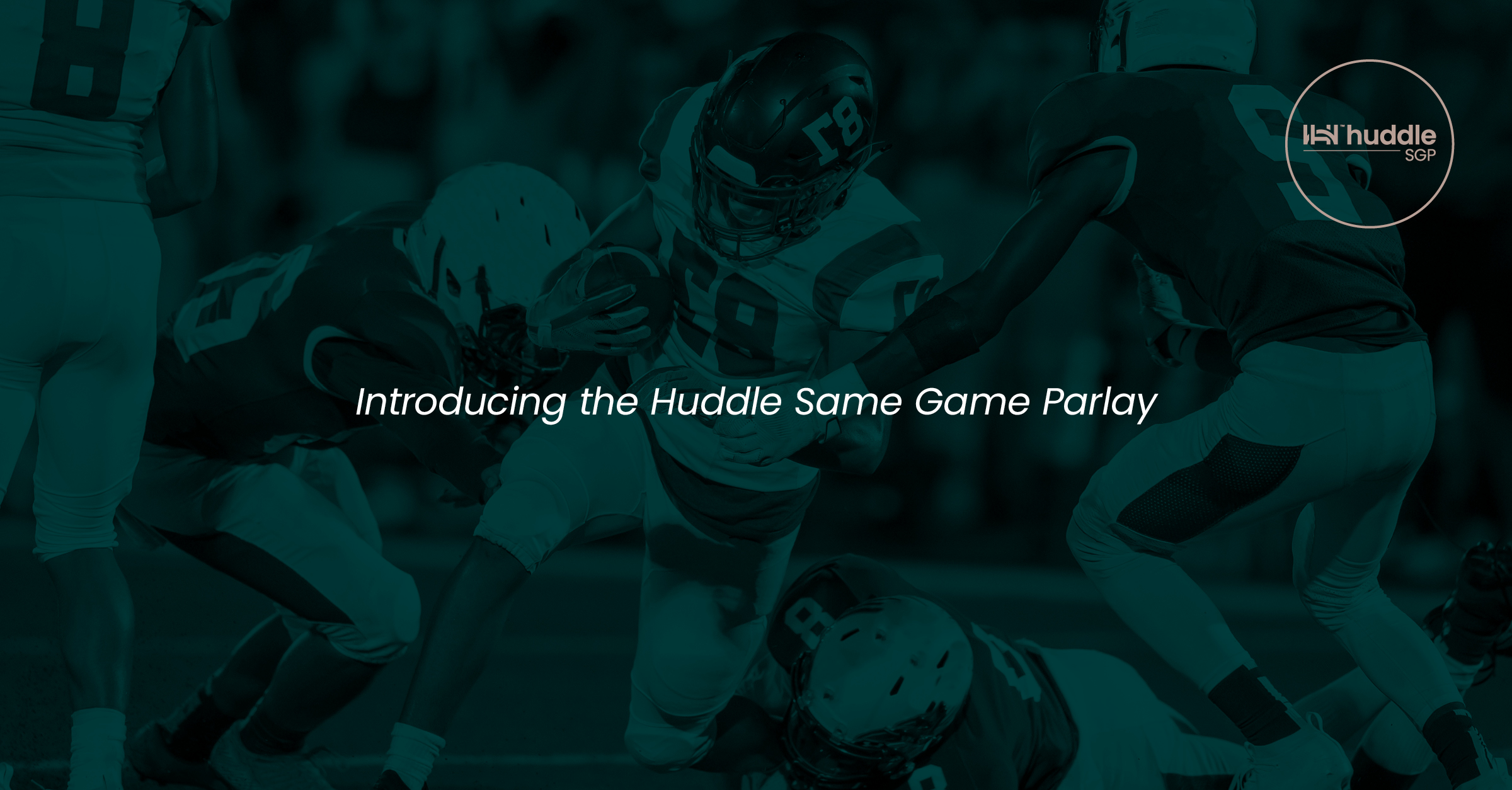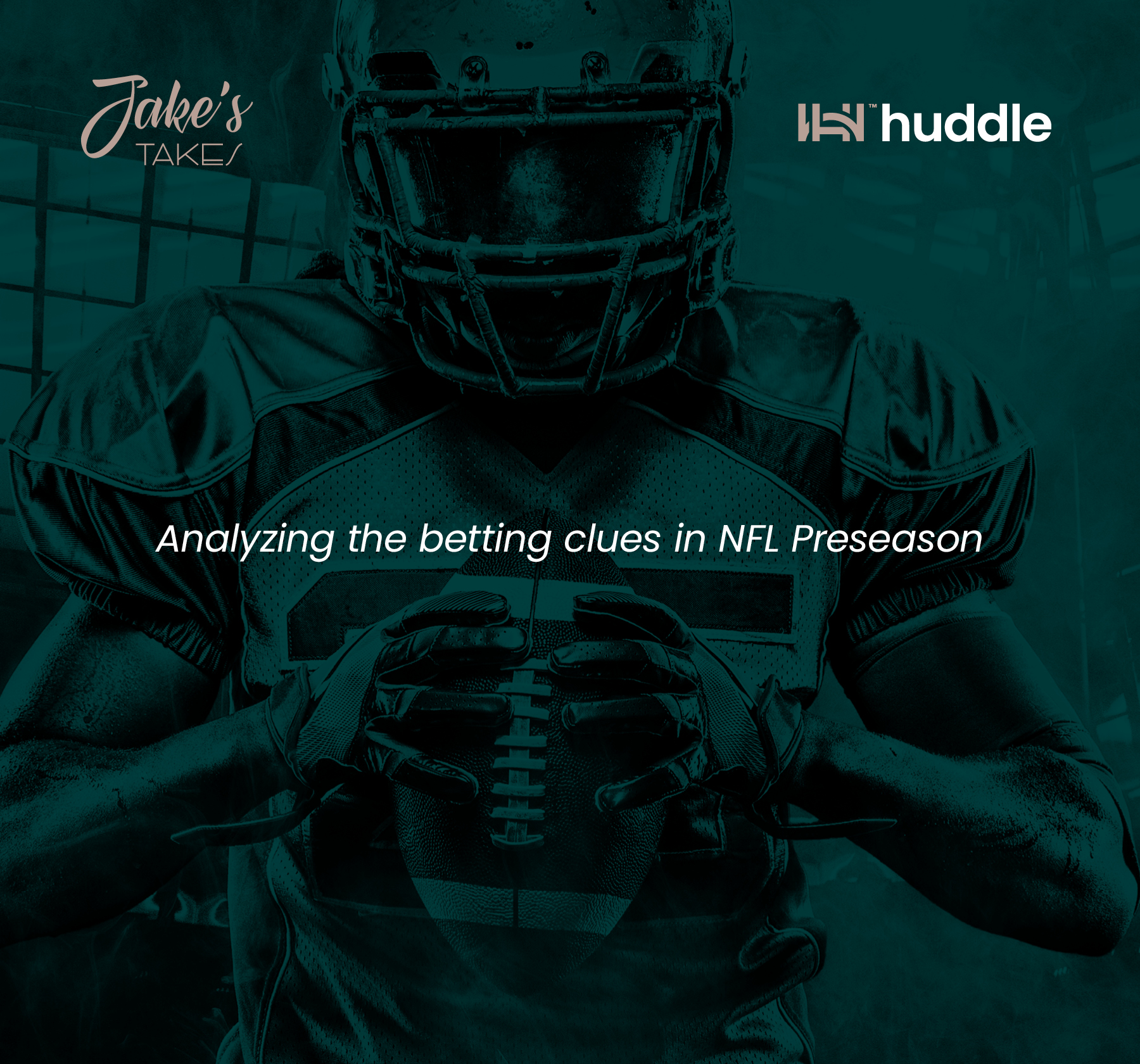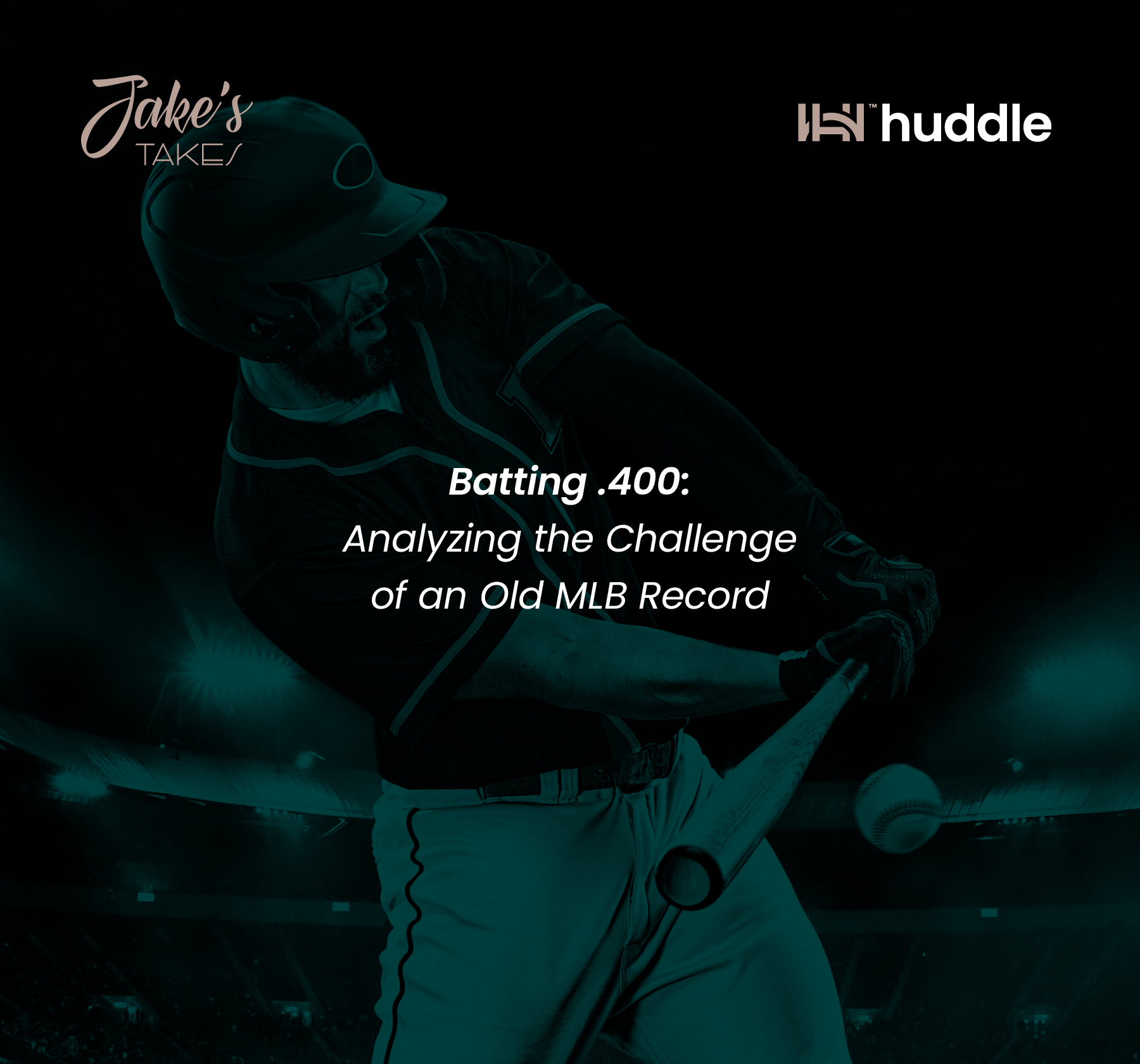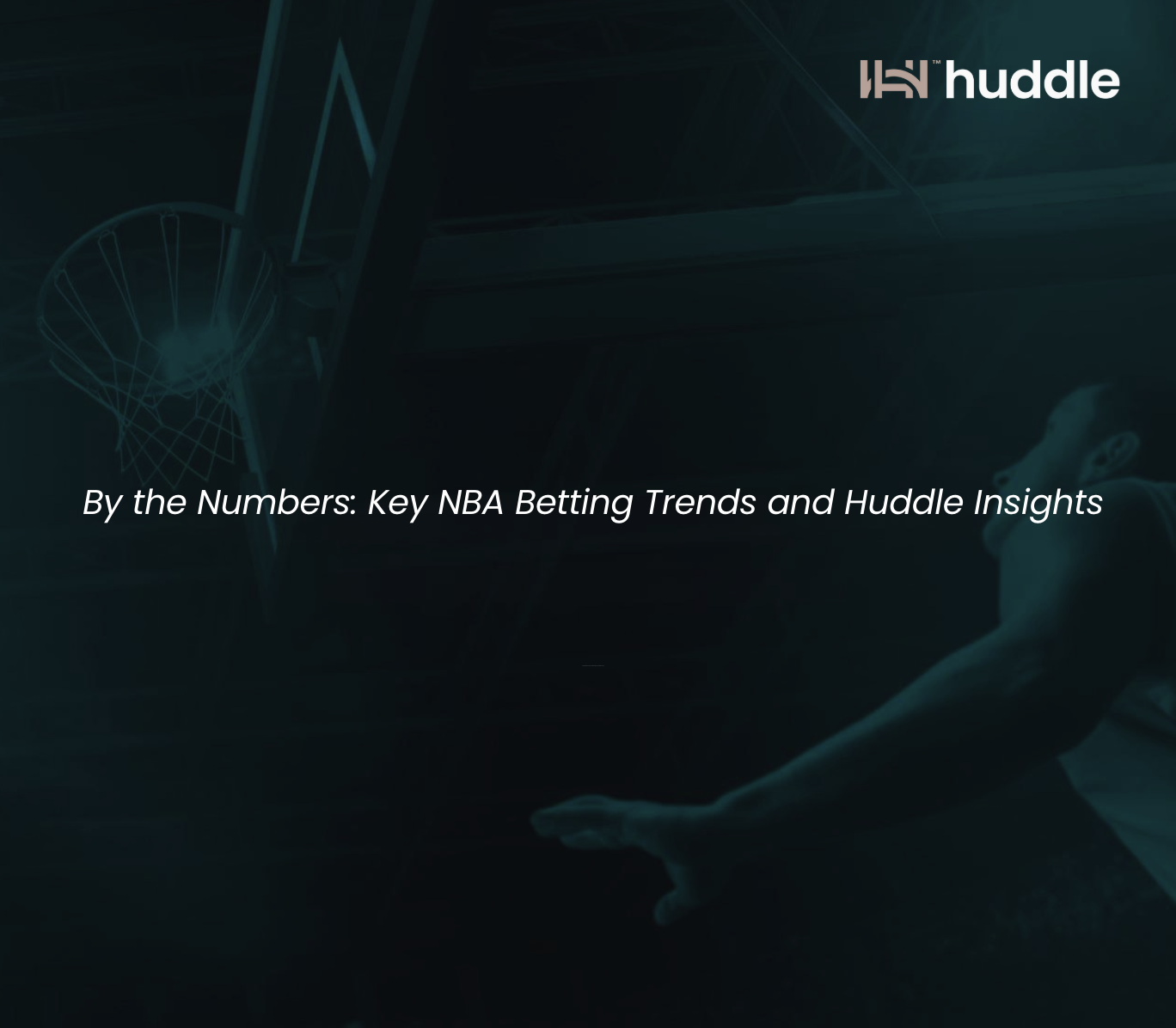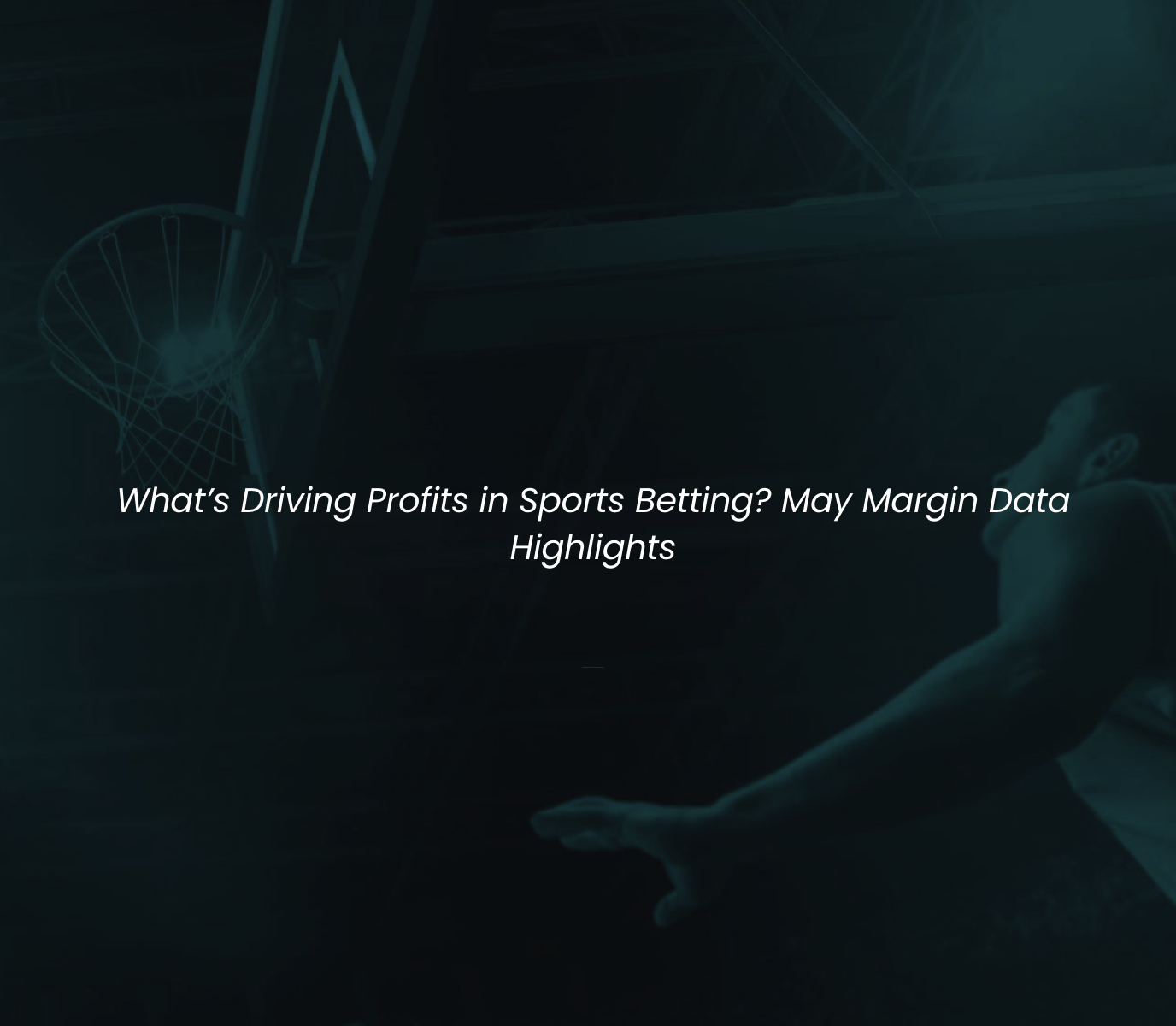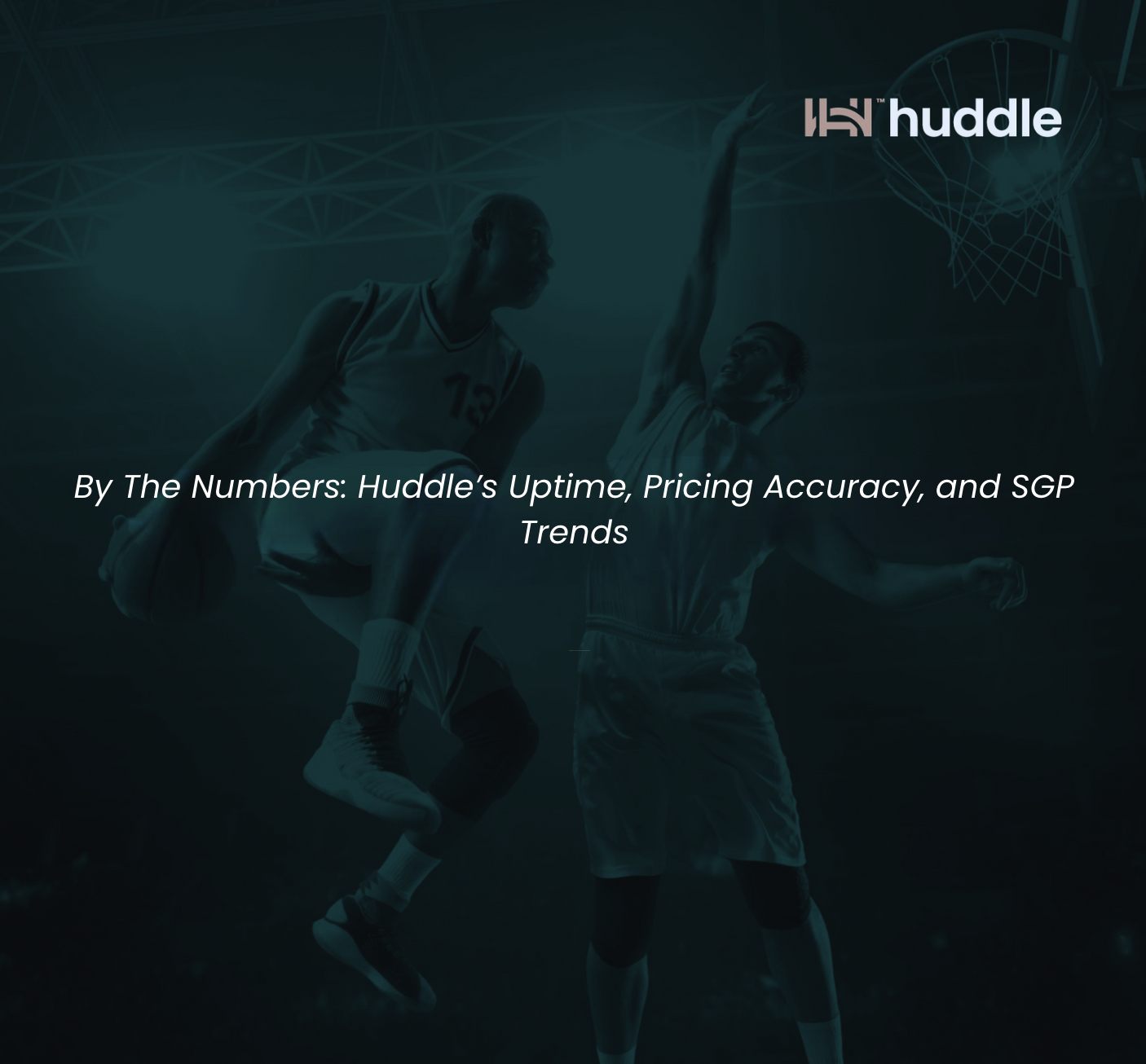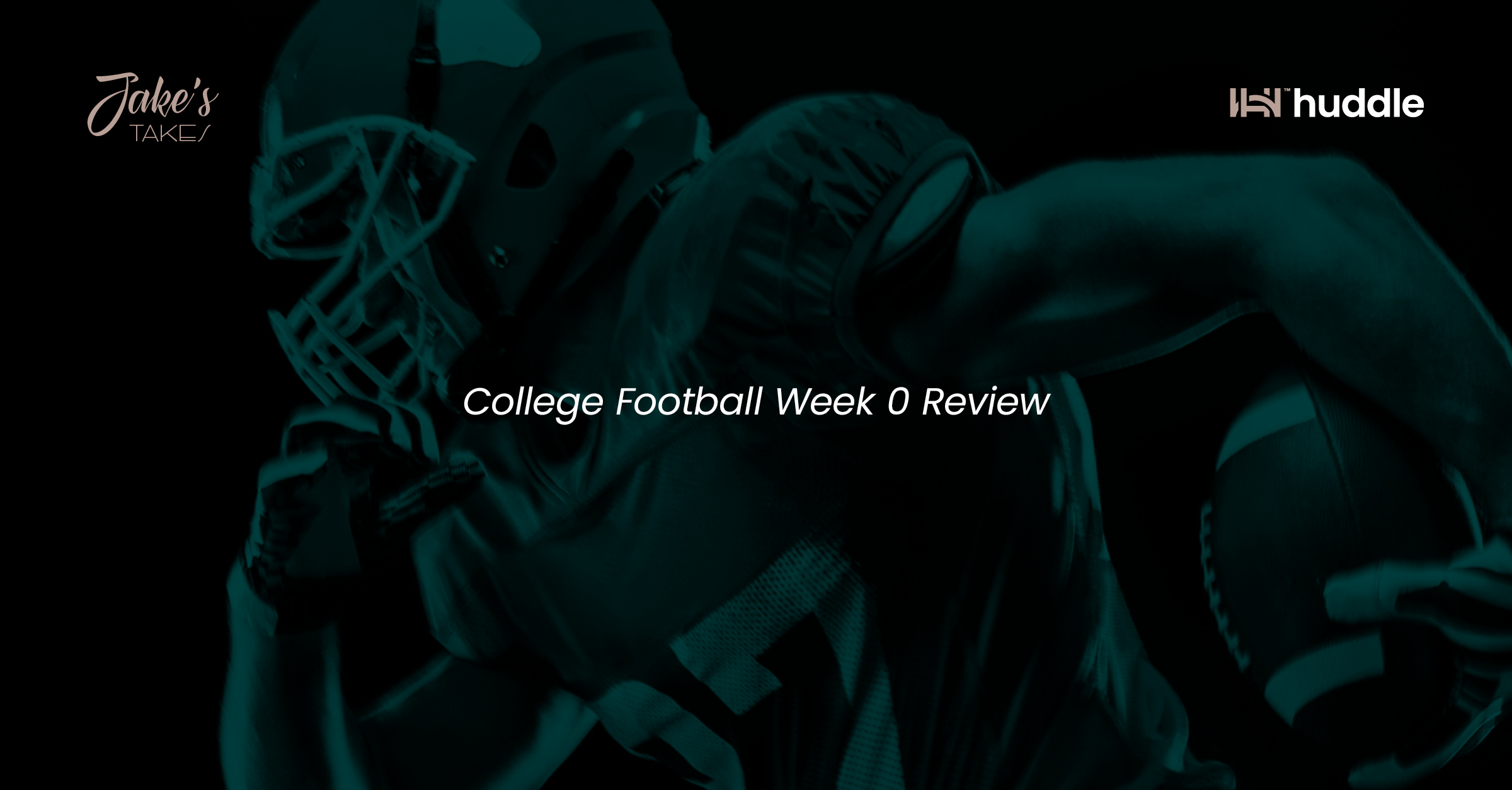
Jake’s Takes: NBA Midseason Musings, Playoff Projections, and Trading Perspectives
Blog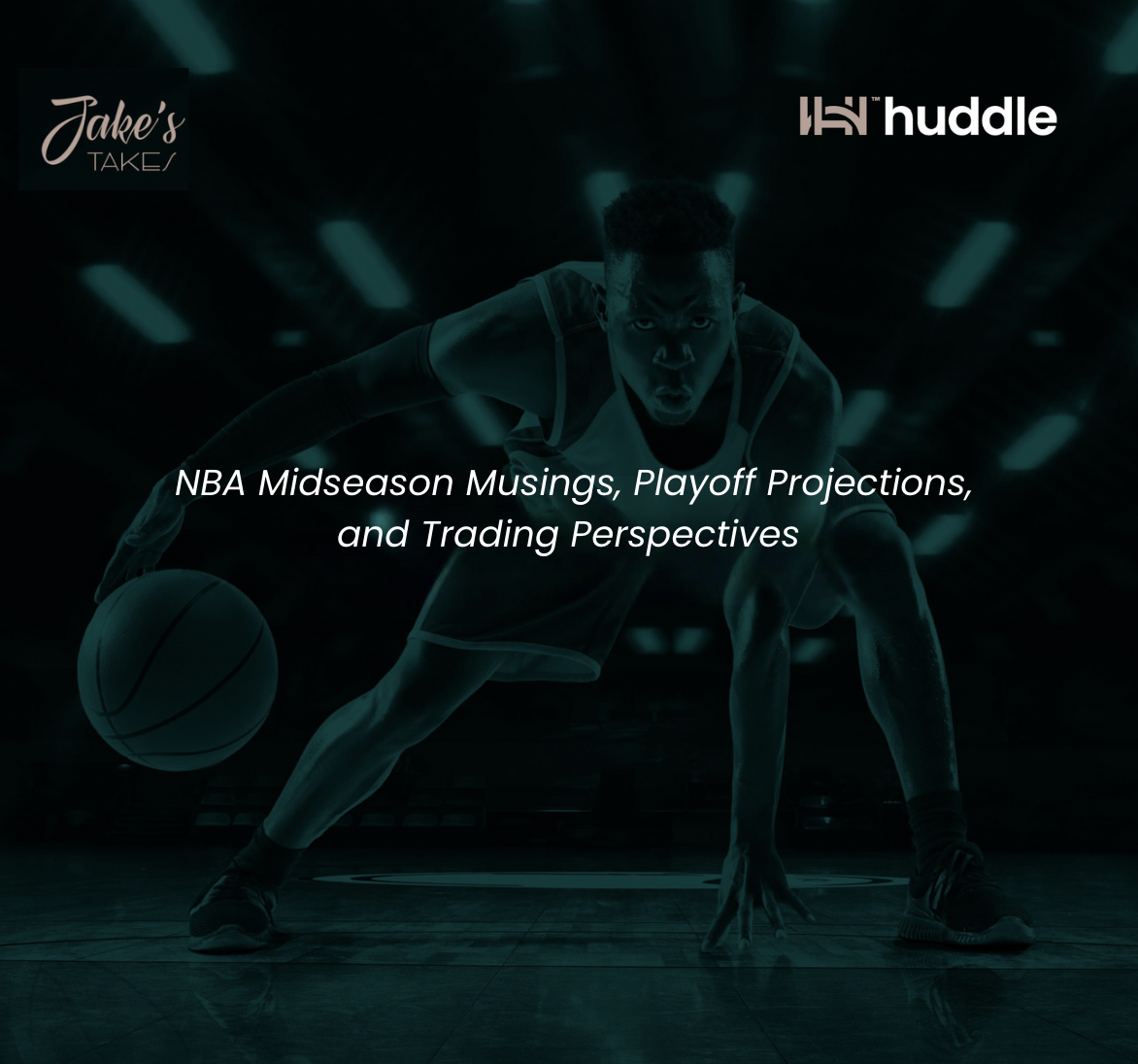
Jake’s Takes: NBA Midseason Musings, Playoff Projections, and Trading Perspectives
With just under 30 games left in the NBA season, it feels somewhat disingenuous to call this a true “midseason musing,” yet here we are. This NBA season has been pure entertainment for me. There have been pleasant surprises (looking at you, OKC Thunder), horrid losing streaks (hello, Detroit Pistons) and blockbuster trades (did anyone else predict the Knicks going all in? Or the Clippers actually pulling the trigger for James Harden?).
We’re here to talk about it all, plus a little Q&A with one of Huddle’s prized basketball trader Aaron, to see if there’s anything casual fans of the game might have missed with basketball betting during this season.
Earlier in the summer, I got in an intense conversation with a friend of mine regarding Rookie of the Year odds. Being a Spurs homer (unabashedly so), I thought the notion that anyone could win Rookie of the Year besides Victor Wembanyama was patently stupid. I still think Wemby will win, but Chet Holmgren (second-year player, technical rookie) has certainly made his case for it.
The Thunder have vaulted themselves into title contention, and having an impactful rookie who also happens to be a top-10 center in the league (yes, I believe it) helps tremendously. Shai Gilgeous-Alexander has been otherworldly. Jalen Williams’ ascension was probably predictable. But to have a team with all five starters younger than 25 suddenly be in the title conversation is equal parts awesome and equal parts terrifying. If they manage to keep their core together, this team could contend for a title for the next decade, assuming they remain largely healthy.
On the flip side of things, the Detroit Pistons are the opposite of the Thunder. Well, sort of. They’re trying to win. They’ve built a roster with legitimate talent, led by a bevy of top-10 selections in Jaden Ivey, Ausar Thompson, and of course, the former #1 overall pick Cade Cunningham. So what happened? Well, they lost 28 games in a row at one point in the season, and sit at 8-48 currently. Even worse? This year doesn’t appear to have a genuine superstar in the draft. There’s no Wemby, no Zion Williamson, heck, there doesn’t even appear to be a Paolo Banchero. Tough break for Detroit.
Meanwhile, the playoff picture is beginning to take shape. Fun times ahead for the Thunder, not so much for the Pistons. The Boston Celtics have seemingly clinched the top seed in the Eastern Conference with 7.5 game lead over the second place Cleveland Cavaliers. Boston would have to meltdown in the next few weeks for the Cavaliers to close that game. The Western Conference is a lot more fun – the Minnesota Timberwolves and the Oklahoma City Thunder are tied for first (yes, you read that correctly), with the Phoenix Suns only 6.5 games back of first place (they’re in eighth place, currently).
The Eastern Conference, led by the Celtics, will likely include these teams, in no particular order other than Boston at the top:
- Boston Celtics
- Cleveland Cavaliers
- Milwaukee Bucks
- New York Knicks
- Indiana Pacers
- Miami Heat
- Philadelphia 76ers*
- Orlando Magic
- Chicago Bulls
- Atlanta Hawks
The reason I’ve given the 76ers an asterisk is that they desperately need star center Joel Embiid to return from his injury. Since he got hurt on Jan 30th, the 76ers are 4-7. I doubt they miss the playoffs, but they could certainly find themselves in the play-in games if they’re not careful.
The Western Conference is trickier to predict. I think that these teams (again, no order) will make the playoffs:
- Minnesota Timberwolves
- OKC Thunder
- Denver Nuggets
- LA Clippers
- Sacramento Kings
- Phoenix Suns
- New Orleans Pelicans
- Dallas Mavericks
- Golden State Warriors
- LA Lakers
Lastly, I wanted to get some Huddle trading perspectives on how the NBA season has gone so far, so I had a chat with Aaron Thompson to get some answers.
Jake: Thank you for taking the time to chat! Let’s dive right in. Can you share a bit about your background and experience trading basketball games for Huddle this season? What’s changed since last year, if anything?
Aaron: I think the biggest change from last year and a continuing trend in the NBA for the last few seasons, is the offensive explosion we are seeing. At one point before the All-Star break the average offensive efficiency touched just shy of 1.18 points per possession. Today’s NBA players are extremely skilled and front office/analytics departments have fully optimized rosters to score points. The league office has even gone as far as announcing that they are researching ways to curtail scoring moving forward.
Jake: Me personally, I think trying to curtail scoring is probably best for the game. I think everyone was a little put-off by the NBA All-Star “scrimmage,” where the teams combined for 400ish points. But that’s how games are going nowadays, it’s harder and harder to defend and increasingly easy for offensive scoring. Either way, basketball is a pretty dynamic, fast-paced sport with a lot of variables. How do you approach analyzing data during games? I know Huddle doesn’t want to be undone by mistakes – like the one that hurt Entain/BetMGM during the 2021 college basketball season.
Aaron: We look at variables like pace and efficiency during the game and compare the live data to our pregame assumptions. We’ll also make changes to those variables based on events like injuries or foul trouble when a star player is impacted.
Jake: I’m sure casual bettors and sharps alike appreciate changes to those variables when a guy like LeBron James misses a game on short notice or when another star is clearly limited. Can you walk me through the process of evaluating trading opps during an NBA game?
Aaron: Most of the evaluations involve comparisons to pregame assumptions, knowing the value and pace impact of certain players, knowing game strategies of specific teams, and then checking the rest of the market for validation of all those different pieces.
Jake: I know firsthand that trading is a complex process, including market validation. It’s a cutthroat industry, so to speak, and you’ve got to have a lot of confidence to succeed. Do you have any specific strategies (or does Huddle have any rules) that you abide by to maximize potential revenue earned?
Aaron: We have confidence in the proprietary models that have been built in order to simulate the game. So, we only intervene with the model output when there are situations where the model might not have all the available information and/or the correct information. Situations where a star player’s minutes deviate from expectation, a data feed doesn’t see a player's toe on the 3pt line, or a team is playing with a different strategy from their pregame assumption are all examples of where a trader might get involved.
Jake: Lastly, with the NBA regular season nearing an end, do you have any takes of how trading might change for the postseason? And who is your futures pick for NBA Finals Winner?
Aaron: The biggest change from regular season to postseason is a drop in scoring efficiency. As teams get familiar with tendencies in a series, it becomes harder and harder to score so efficiency drops accordingly. Also, rotations tend to shrink so star players see increased minutes and their impacts can be magnified.
I’m sticking to my preseason predictions of Nuggets vs Celtics in the Finals with the Celtics winning it all.
Explore NBA Player Props, Huddle’s Innovative Offerings and Exciting Partnerships HERE

